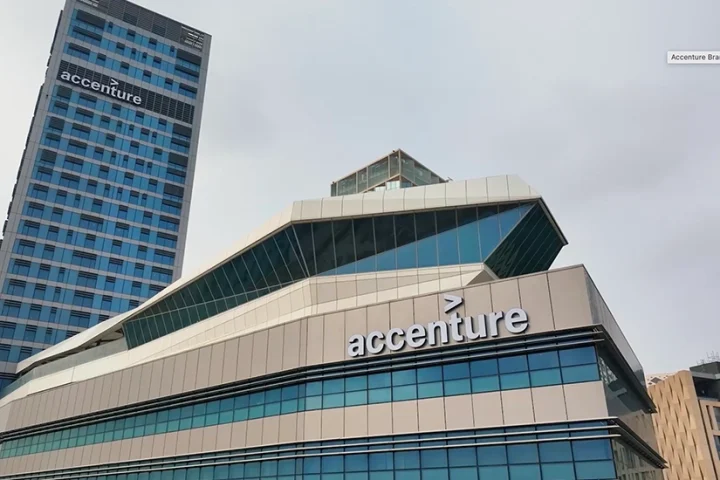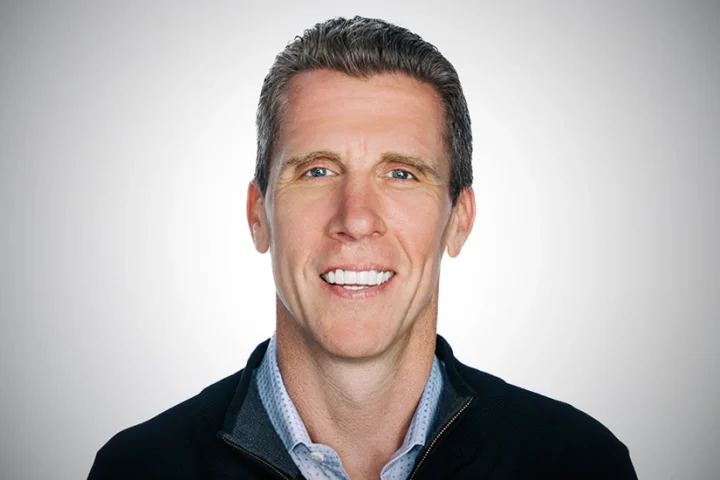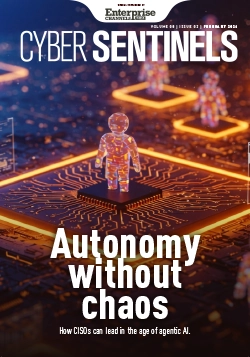Jacques Brent – Managing Director Toyota and Lexus UAE, on accelerating sustainable mobility in the UAE.
What recent milestones or initiatives in Toyota’s shift toward hybrid and electric mobility are you most excited about, and how is the brand balancing its sustainability goals with evolving consumer demand and the realities of regional infrastructure?
What is most exciting is that the conversation around electrification has evolved from focusing solely on emissions reductions to reimagining mobility itself. Advancements in solid-state batteries, AI-powered driving assistants, and vehicle-to-grid connectivity are accelerating this shift. Future vehicles won’t just be cleaner; they’ll be more intelligent and more integrated into our energy ecosystems.
As pioneers in electric mobility, Al-Futtaim Automotive carries a huge responsibility to meet climate-change action goals as well as the mobility needs of a rapidly increasing urban population, with holistic and innovative strategies to support the sustainable transition.
Al-Futtaim Automotive is committed to advancing sustainable mobility, with a strong focus on bringing more new energy vehicles to the market and expanding the charging infrastructure across the UAE. These efforts mark an exciting step forward in hybrid and electric mobility, driving a greener future for all.
Our sustainability goals have always been balanced with what our customers and the region want. In 2008, Al Futtaim Automotive introduced hybrid taxis in the UAE, when we handed over a new fleet of 554 Toyota Camry Hybrids to Dubai Taxi Corporation.
We believe there is no single, one-size-fits-all solution, Hence Toyota’s pragmatic multi-pathway approach to carbon neutrality. That’s why we offer a diverse lineup, from flex-fuel hybrids in Latin America to hydrogen fuel cell vehicles in Japan and BEVs in Europe. Toyota sold 10.8 million vehicles globally in 2024, remaining the world’s top-selling auto maker for the fifth consecutive year – proof that this approach resonates.
Today, the shift is accelerating, with growing demand for hybrids, plug-in hybrids, and full EVs. We’re working hand-in-hand with government bodies and major fleet operators such as Dubai Police, Roads & Transport Authority, Cars Taxi and major corporate and SMEs on their fleet’s electrification strategies to ensure we continue driving sustainability across the industry and across the country.
Here in the UAE, consumer demand is increasingly aligned with our vision. According to a recent survey done by Al-Futtaim Automotive, almost two-thirds of UAE residents want to make EV their primary mode of transport by the year 2025. By 2030, 50% of our sales will be New Energy Vehicles. Through Al-Futtaim Automotive, we’re installing 10% of the UAE’s EV charging stations, building the infrastructure that powers the future. We are reimagining the automotive retail experience to serve the low-emissions era, from carbon-conscious service centers to smart, digital-first showrooms.
How are changing consumer expectations influencing your product development and innovation roadmap?
Today’s consumers seek brands that reflect their values—whether it’s sustainability, innovation, or social impact. At Toyota Motor Corporation, we understand that the journey to carbon neutrality isn’t one-size-fits-all. Our approach spans the full spectrum of sustainable mobility: battery electric vehicles (BEVs), advanced hybrids, fuel cell technology, and even hydrogen combustion engines.
We recognize that different regions have different energy infrastructures, economic realities, and mobility needs. What works in Tokyo may not work in rural Texas, and what’s right for Dubai may not suit Detroit. This flexibility is our strength. By offering diverse eco-friendly technologies, we ensure that every customer can find a solution that fits their lifestyle, budget, and local infrastructure, and start contributing to carbon neutrality immediately, not someday when conditions are perfect.
For example, in markets where large SUVs are a necessity, we’ve developed electrified models like the Lexus LX700h, combining performance with sustainability. Ultimately, the journey to a sustainable future isn’t about waiting for ideal conditions, it’s about enabling progress today, through innovation that meets customers where they are.
Toyota and Lexus have a long-standing reputation for quality and reliability—how are you building on that legacy in the age of smart and connected vehicles?
We are aware of several new brands entering the market. They are coming in with pricing and offers that can be tempting for customers, offsetting other considerations such as uncertainty over durability, parts supply and residual value. However, we have been extremely cautious in selecting only the best brands that deliver on performance and quality but are also suited for UAE’s harsh summer temperatures. We differentiate ourselves with our focus on the fundamentals for car owner such as reliability, trustworthy service and spare parts availability. Our heritage of reliability is infusing our drive to electrification. The UAE’s automotive market expects both performance and purpose. Our customers value innovation, reliability, technology and increasingly, sustainability. At Toyota and Lexus, we are responding by embedding AI-driven features, advanced driver assistance systems, and connectivity into our product strategy.
How do you see the broader mobility ecosystem evolving—and what role do Toyota and Lexus intend to play in that future?
The mobility landscape is undergoing a profound transformation, and Toyota and Lexus are committed to leading that evolution. In the UAE, where consumers are tech-savvy and sustainability-conscious, we are focusing on three key areas: smart mobility, hybrid leadership, and localised innovation.
Our role extends beyond vehicle manufacturing. We’re collaborating with government bodies, fleet operators, and infrastructure partners to accelerate the transition to electric mobility. For example, we’re supporting the electrification strategies of entities like Dubai Police, RTA, and major taxi and corporate fleets.
We’ve committed to making 50% of our sales New Energy Vehicles by 2030, and to providing 10% of the UAE’s EV charging infrastructure. These efforts were instrumental in Al-Futtaim being named the Strategic E-Mobility Partner of COP28, underscoring our central role in shaping a greener future.
What’s your vision for the future of transportation in the MEA region—and how are you preparing for it today?
We envision a transport ecosystem that is both sustainable and smart—one that includes electrification, autonomous driving, and expanded mobility services. This aligns with national visions like the UAE’s Net Zero 2050 strategy and its ambition to become a global leader in green innovation.
Today, we are leading the transformation of two legacy brands into future-ready, technology-enabled mobility partners. We are navigating consumer perceptions around electrification, particularly range anxiety and EV readiness in the UAE’s climate. We addressed this by positioning hybrids as a bridge to EVs, backed by education, test drive initiatives, and localized product engineering.
We currently offer the region’s most comprehensive hybrid portfolio, with seven Toyota and six Lexus hybrid models. In 2024, hybrid sales grew to nearly 20% for Toyota and over 40% for Lexus, proof that customers are embracing the shift when it is grounded in trust and value.
Toyota and Lexus are no longer just automotive brands; we are mobility partners, prepared for the future and already building it, one innovation at a time.




















